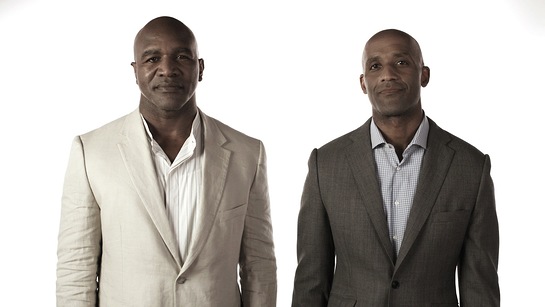To help officially launch Prostate Cancer Awareness Month, the Prostate Cancer Foundation (PCF) has released a new public service announcement featuring Emmy Award-winning sports anchor and prostate cancer survivor, Brian Custer.

This survivor story aims to raise awareness about the importance of prostate cancer screening among African-American men by delivering a simple message: Man Up and Get Checked.
“As men, we have this ego… we think we’re too macho to go to the doctor and undergo this type of check-up,” said Custer, who hosts Showtime Championship Boxing. “But the truth is: If you don’t get checked, you’re cheating your family out of having a husband or father around. And you’re cheating yourself out of life. I hope when people hear my story, they’re motivated to take action by saying: ’I’m going to get checked, I’m going to make sure my dad or husband gets checked, too.’”
“We commend Brian for his bravery and his dedication to sharing his story to encourage more African-American men to get screened for prostate cancer,” said Barbara J. Parsky, senior vice president and chief marketing officer of PCF. “Brian proves that he’s truly a tough guy by getting screened and helps to dispel the notion that real men don’t get checked.”
In the new spot, Custer shares the emotionally charged story of his prostate cancer journey. Following an introduction by his friend, five-time heavyweight boxing champion Evander Holyfield, he opens with his diagnosis of an aggressive form of prostate cancer at the relatively young age of 42. Drawing inspiration from his family, Custer won his fight against prostate cancer, and now sees it as his mission to encourage other African-American men to get screened.
The importance of early detection is especially urgent among African-American men, who are more than twice as likely to die from the disease than any other population. One in five African-American men will be diagnosed with prostate cancer in his lifetime, and men of African descent are more prone to aggressive subtypes of the disease. However, the disease is 100% treatable when diagnosed in its earliest stages.





